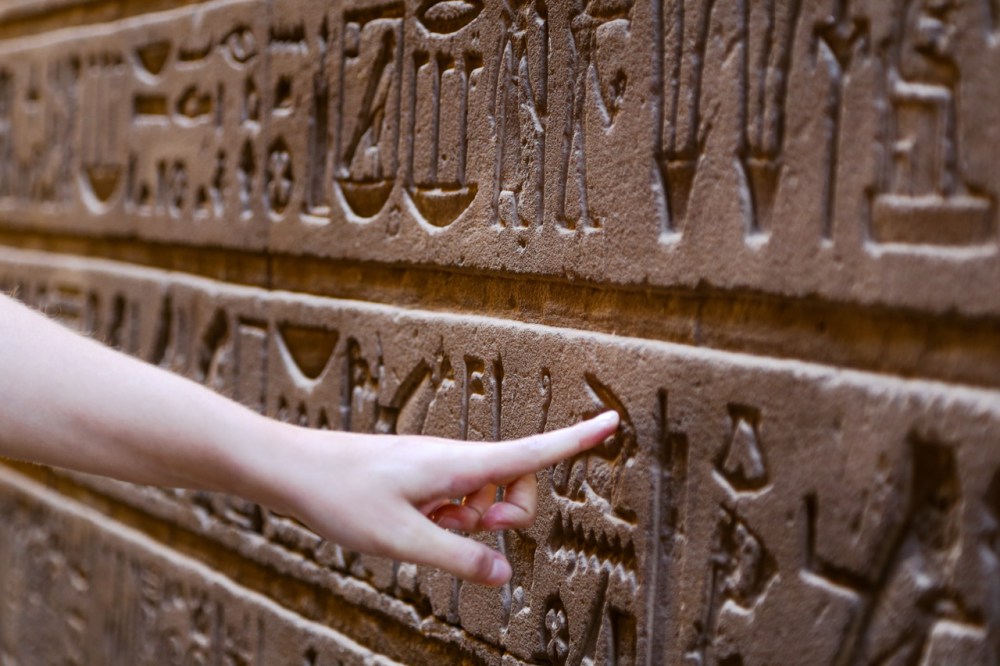I’m currently listening to Country Rap. I’m not joking.
Check this playlist out. https://open.spotify.com/user/spotify/playlist/0Z7FRWDN3Sn8AST3elDfBp
If that isn’t proof that the world is changing, I don’t know what is.
Some changes are great, and we’ll discuss one here. Some changes are terrible, like that playlist I just shared.

Seriously though, we’re going to talk about a significant change predicted by Kevin Kelly in his new book The Inevitable. We’ll answer the question, “Who the heck is Kevin Kelly and can he predict the future?” approach the question, “What is a book?” and give some perspective as we move into an uncertain future.
Kevin Kelly writes about the technological forces in play in our culture and how they will shape the next thirty years. If you’ve heard of him before, this premise makes sense, if not, why is he suddenly our cultural psychic? Kevin Kelly helped launch Wired Magazine and was its executive editor for its first seven years. Wired Mag is dedicated to tracking and understanding the changes in the digital age.
Kelly has been in the eye of the storm when it comes to the changes technology has brought us over the last 20 years and is uniquely qualified to comment on the coming trends. Worth noting, he makes assertions on almost every page in this book, and some have come to opposite conclusions based on the same evidence. However, he raises a plethora of great questions in his chapters that are wonderful for making the reader trace the possibilities of potential futures.
One of my favorite questions that Kelly brings up is “What is a book?” He asks this question in the chapter on “Screening” so let’s examine what he means by this. To do so, come with me to ancient Egypt. For thousands of years, us humans were “People of the word.” While language and writing existed, it was reserved for the gods and kings, everyone else had to make do with memorizing information.

About 500 years ago though, Gutenberg transformed the world in the space of a few generations with the invention of a printing press. Soon anyone who was literate could have their own ideas, pass along technical knowledge, or mount a revolution. This transformed human beings into “People of the Book.”
Exploding in popularity in the 1950s, the television was the herald of the age of screens. Today we see a profusion of screens every where we look, snaking around buildings, peeking out of our pockets, screaming for attention along roadways, they’re everywhere.
Kelly says we are becoming “People of the Screen.” This changes the way we experience information, and according to him we will cease to merely read words, we will also “watch words and read images” (pg. 89). Before you scoff, when was the last time you sent a text with no words, all emoji? Before you dismiss this out of hand, what about this video that summarizes the entire book of judges in 7 minutes and 29 seconds?
So before we pull back from this potential new identity, it may be worth exploring. And what better way to explore than to ask the question, “What is a book?” After all, if we aren’t people of the book anymore, and we associate books with knowledge, are we forsaking deep knowledge for an existence of sound bytes and video clips?
Kelly subscribes to the idea that a book is more than simply the pages and text. After all, is a blank “sketchbook” a true “book?” It has no content whatsoever. What about a “phonebook?” It has no narrative structure, and no one desires to read it in its entirety for information. We have machines for that. He says that a book is “a bunch of symbols united by a theme into an experience that takes a while to complete.” (pg. 91)
This sounds like a definition that could flow onto or live on a screen, and that’s exactly what we are witnessing.
So even if a “book” is able to live in a world of screens, and we are becoming people increasingly connected to screens, what saves us from death by soundbyte or asphyxiation from advertisements? Kelly predicts that as books flow into the ocean of the web, what will emerge is an interconnected, hyperlinked whole that will be something of a “universal book.” This, he predicts, will allow people to see the world as the series of complex interconnected wholes rather than merely isolated ideas.
Personally, this makes me excited, imagine having a portal to the sum total of knowledge of the human race. This development has enormous potential.
Others look at this type of trend (remember, there are 12 in the book) and recoil. Its easier to take it a day at a time, wonder when the next iOS update will actually be mandatory, and keep hitting “remind me later” until you upgrade your phone.
Kelly’s perspective on an uncertain future that we are facing is this, it’s better to paddle with the current because then you can steer around the rocks.

If you’ve ever been white water rafting of kayaking, you’ll know that once you’re in a white water scenario, its unwise to fight the current. One must adapt to the situation, and roll with the flow. In this way, one can navigate dangerous waters with ease. Dealing with the world as it actually is.
Remember, there are 11 other trends like this to unpack in this book. Each of them could be their own book it seems. Or perhaps they already are.
Thanks for “screening” this book with me folks! Check out this week’s video for my personal screening of this same topic here:
Until next week!
Keep reading(screening?) friends!


Leave a comment